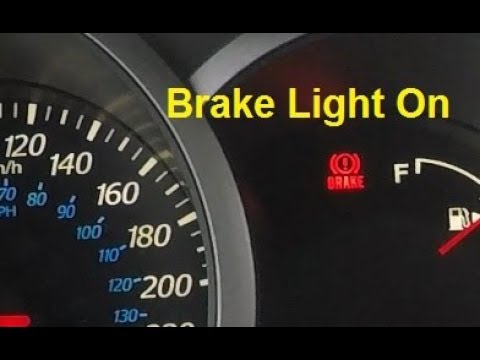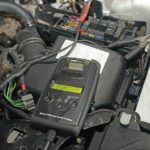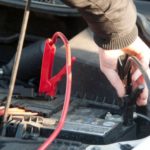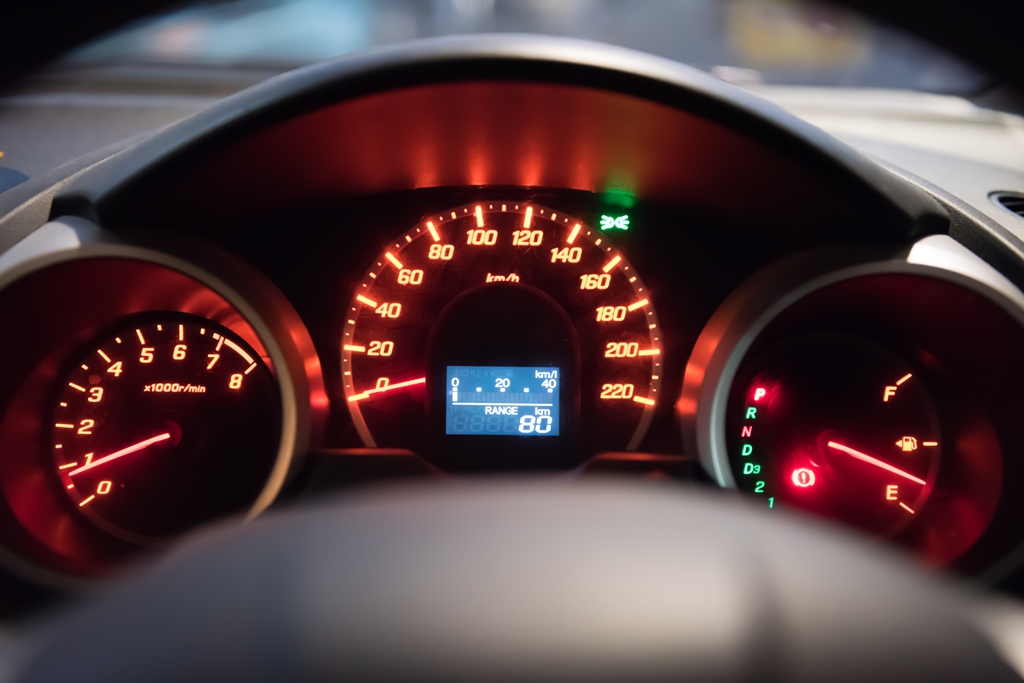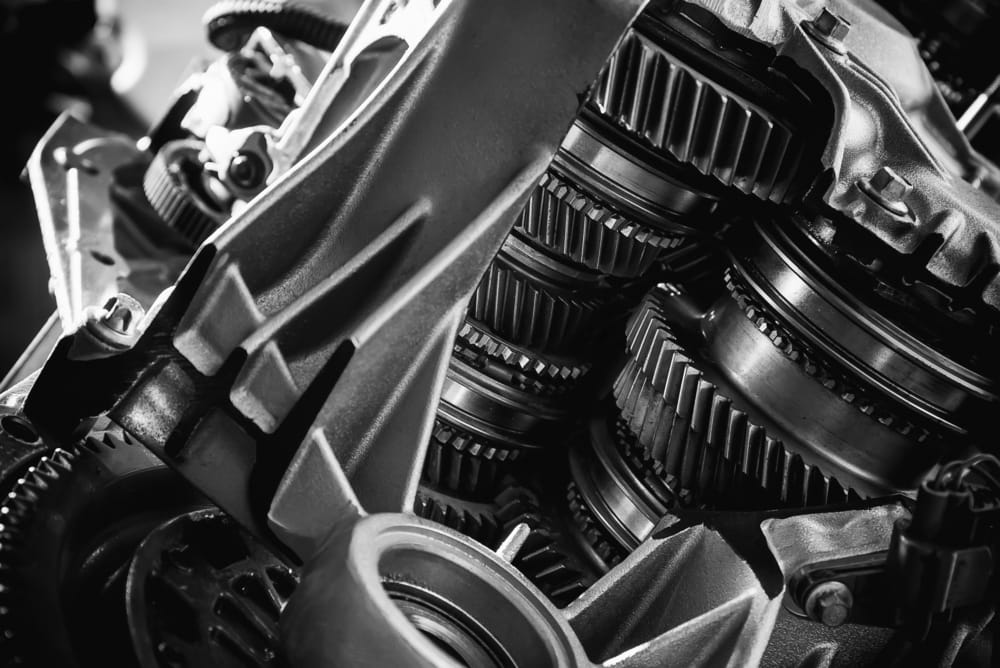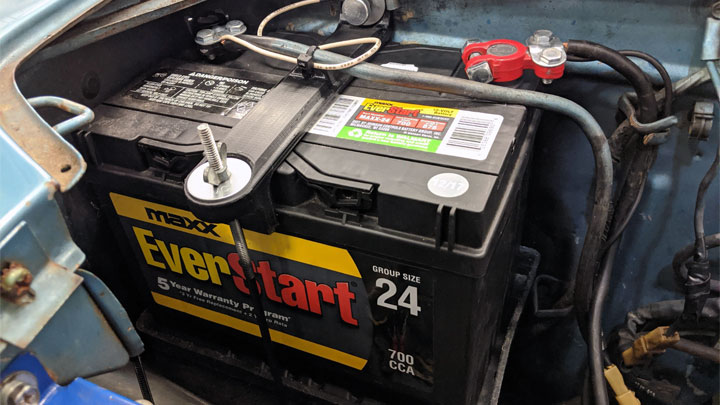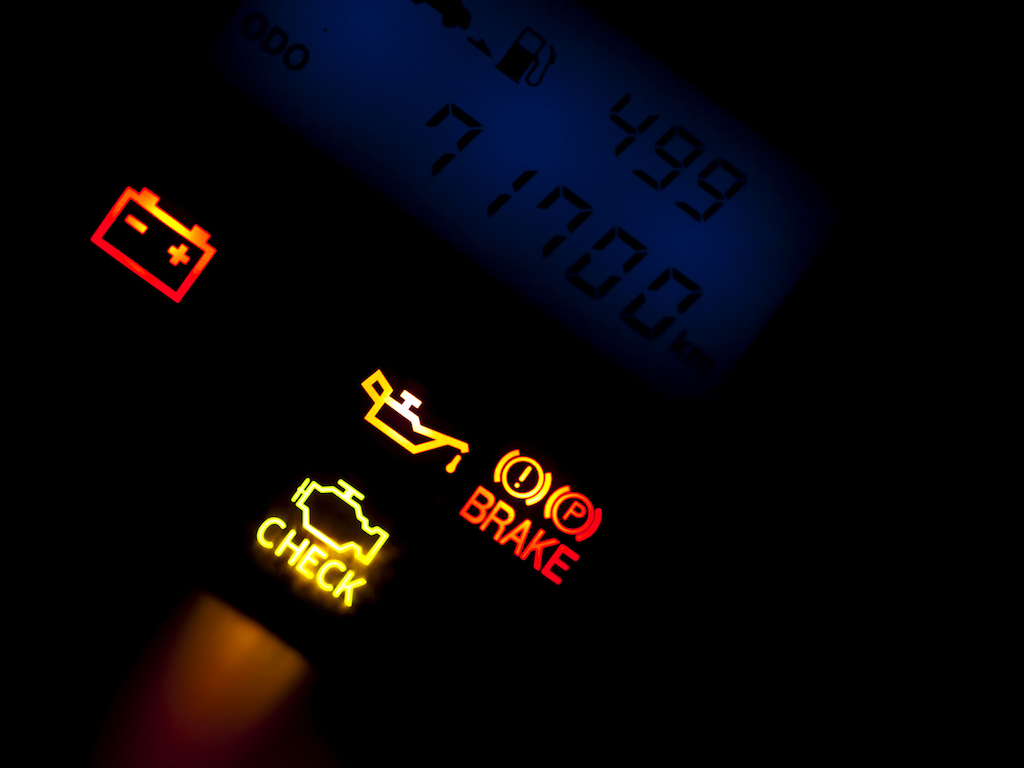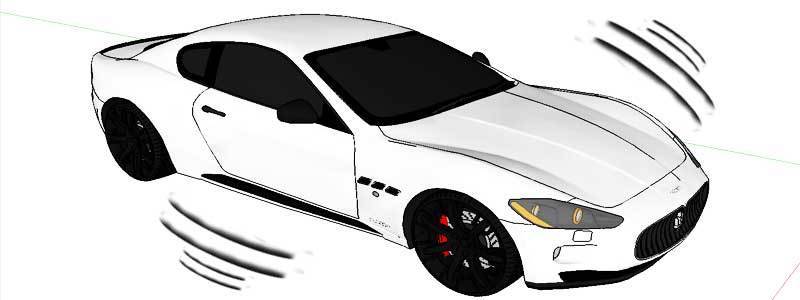 Because the crankshaft, transmission gears, and other moving parts in your engine rotate, it’s natural for your automobile to vibrate somewhat when you’re driving. When these gentle vibrations start to seem like shaking, it’s time to look into the reasons these happens. So this article will focus on the reason car vibrates at certain speed.
Because the crankshaft, transmission gears, and other moving parts in your engine rotate, it’s natural for your automobile to vibrate somewhat when you’re driving. When these gentle vibrations start to seem like shaking, it’s time to look into the reasons these happens. So this article will focus on the reason car vibrates at certain speed.
An issue with your tyres, wheels, brakes, steering, suspension, axle, or engine is the most typical cause of car vibration at certain speed. Doesn’t it sound like a lot of reasons? Don’t be concerned. We’ll look at each one separately to determine what potential issues there might be.
To begin, figure out where the vibrations are coming from and when they began. Is it true that the vibrations are only felt when you start and accelerate the car? Is it only when you turn and brake that they happen? Do they only happen while you’re driving fast? Or perhaps they become more intense as you speed up? Let’s now look at the reasons car vibrates at certain speed.
Read also: How To Avoid Overheating in Cars
Car Tyres
An issue with your tyres is the most typical cause of your car vibration. The following are some of the issues:
Tyres That are Underinflated
When you drive at higher speeds, underinflated tyres might cause your automobile to vibrate excessively. If you don’t see any flat areas on your tyres, double-check that your air pressure is within the manufacturer’s limits. Your tyres can blow out if they are underinflated.
Tyres That are Unbalanced
If you observe that the car vibration is modest at low speeds but becomes more intense as you go to 90km/h, it’s likely that your tyres are out of balance. Looking for flat areas on your tyres is the simplest technique to see if this is the cause of the extreme vibrations. You might be able to address the problem by just having your tyres rebalanced, depending on the extent of the damage. If there is too much damage, though, the tyres will need to be replaced.
Tyre wear that is uneven
Various road problems can quickly knock tyres out of alignment. This results in uneven wear, such as cupping (a wavy surface on the tyre thread) or uneven wear on one side. This can be remedied by inspecting your tyres for damage and then replacing or realigning them (depending on the amount of damage on the tyres).
Tyre Defects
At low speeds (under 30 km/h), an out-of-round (i.e. deformed) tyre, or one where the tread or internal belts have split from the body of the tyre, can cause your automobile to vibrate. These issues can be caused by a manufacturing defect, but they can also be caused by extreme road dangers.
Worn-Out Tyres
Your automobile will have poor traction, restricted stopping ability, and reduced cornering power if your tyres have little or no tread. In bad weather, you’ll also be slipping and sliding. The trembling is an additional indicator that your tyres need to be replaced.
Low Profile Tyres
This tyre is becoming more frequent on hybrid and electric vehicles as it reduces drag and resistance while also improving their environmental credentials. They are, however, harsher than most drivers are used to and provide less driving comfort because they do not absorb as many road imperfections. This suggests that low rolling resistance tyres could be the cause of your car’s vibrations, but it’s best to rule out other possibilities first.
Read also: Top 10 Best Manual Transmission Cars
Car Wheels
The wheels too could cause vibrations in car. Let’s analyze this critically:
Damaged Wheels
Deep potholes and other road hazards can bend or destroy your wheels, resulting in severe vibration in your vehicle. To accurately assess this, you’ll need to utilize a wheel balancing machine, which will tell you whether the wheel can be repaired or if it needs to be replaced.
Wheel Bearings
If you’re experiencing vibrations via your steering wheel, it’s likely that your wheel bearings are old or broken. Wheel bearings normally last the life of your automobile, but this isn’t always the case, especially if you go off-road frequently, have a high mileage, or drive aggressively.
Your Car Brakes
Do you know your car brakes can also be responsible for the vibrations in your car? Let’s look at what could cause this.
Brake Discs/Rotors
Your automobile will shake when you brake if your brake discs have differences in thickness, commonly known as excessive runout or being out-of-round. When you press on the brake pedal, you can also feel it vibrate. Due to significant wear and tear, the brake disc might become distorted like this. In other words, the brake disc has become overheated as a result of greater and heavier stopping than it can manage.
Brake Calipers
The brake calipers may potentially become caught on the brake disc. When this happens, you’ll feel vibrations in the steering wheel when driving over 70 km/h, and you might smell burning when you come to a halt.
Brake Drums
Brake drums, like brake discs, can also be out of round. When you push the brake pedal, you’ll notice additional vibrations as well as a scraping or screaming noise.
Car Steering
The next thing that could cause vibrations in cars s the car steering wheel. Let’s see which of the components can cause vibrations in cars.
When you’re turning a corner, the power steering may cause your steering wheel to vibrate, but not when you’re traveling on a straight road. Check your power steering for leaks and make sure your reservoir has enough power steering fluid to see if this is the problem.
Loose Components
Many aspects of your steering will begin to wear down over time, making your steering less sensitive than it should be. What parts of your body are the most sensitive to vibrations? If your steering is OK when you drive straight but shakes as you turn a corner, it could be a sign that your tie rod ends are worn out. If your steering wheel rattles when you drive straight but not when you turn, your ball joints need to be replaced.
Car Engine
The car engine too can also contribute to the car vibrations at certain speed. let’s look at how this can happen.
Dirty Spark Plugs
A petrol car’s engine can misfire in one or more cylinders due to worn or dirty spark plugs, causing vibrations whether the car is idling or driving. Replacing your spark plugs and inspecting the associated wiring is the simplest option.
Air/Fuel Systems
Vibrations in the engine might also be caused by the air and fuel systems. Minor modifications to the fuel intake system, such as lowering the idle on a carburettor or cleaning the fuel intake system, can sometimes remedy the problem.
It’s also a good idea to check the air and fuel filters. Because fuel flow is proportional to the amount of air that gets through, a blocked, unclean, or damaged air filter limits the oxygen supply available for the ignition process, limiting the amount of fuel available. Your engine will shake as a result of a lack of oxygen and gasoline in the engine. Your car will behave similarly if it has a clogged fuel filter.
Damaged Motor Mounts
Motor mounts are situated between the engine and the vehicle’s body and absorb engine vibrations while keeping the engine connected to the vehicle. You will feel the engine vibrations in your automobile if any of your motor mounts are damaged while the engine is turned on, but the vibrations will be substantially reduced when the engine is simply idling. This problem can only be solved by replacing the motor mounts.
These are most of the things that can make car vibrates at certain speed. If your car has this problem, we advise that you take it to your mechanic as soon as possible.

